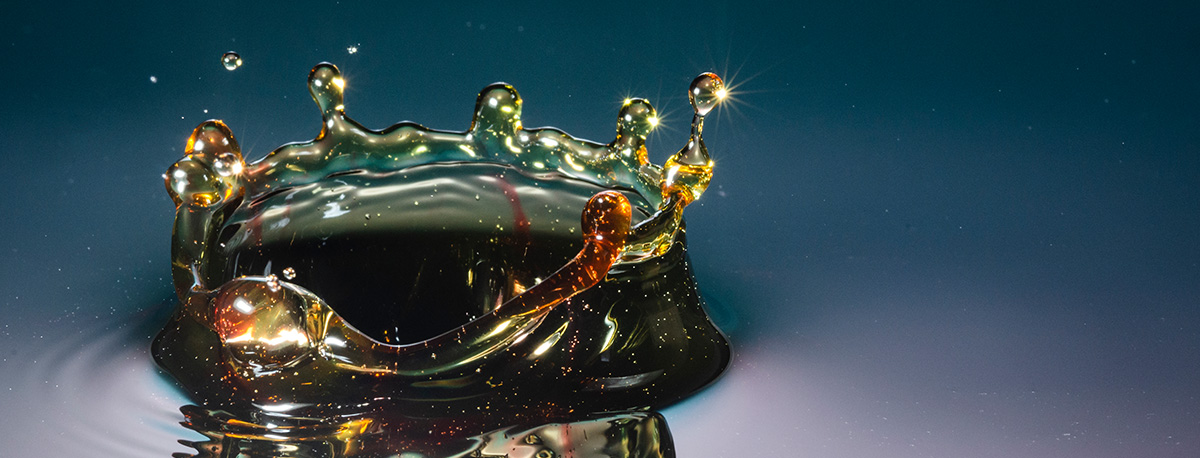
Crude Oil
Crude oil is a naturally occurring, unrefined petroleum product composed of hydrocarbon deposits and other organic materials. A type of fossil fuel, crude oil can be refined to produce usable products such as gasoline, diesel and various forms of petrochemicals. It is a nonrenewable resource, which means that it can’t be replaced naturally Crude oil is typically obtained through drilling, where it is usually found alongside other resources, such as natural gas (which is lighter, and therefore sits above the crude oil) and saline water (which is denser, and sinks below). It is then refined and processed into a variety of forms, such as gasoline, kerosene and asphalt, and sold to consumers. Although it is often called “black gold,” crude oil has ranging viscosity and can vary in color from black and yellow depending on its hydrocarbon composition. Distillation, the process by which oil is heated and separated in different components, is the the first stage in refining.